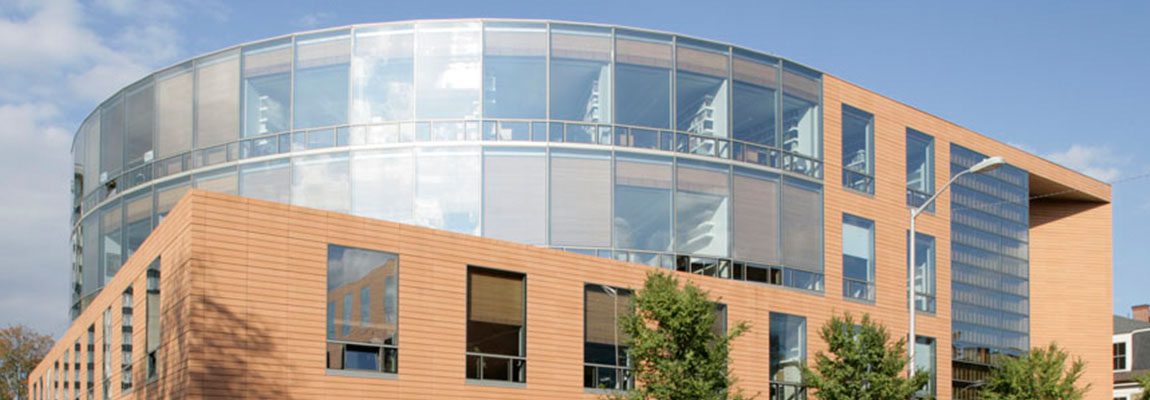The Mittal Institute Hosts Student Research Art Exhibition
On Wednesday, April 4th, SAI hosted an opening reception for its Spring Art Exhibition, “Showcasing Research in South Asia Through Visual Arts.” It features 2D and 3D art and artifacts inspired by Harvard students who traveled to South Asia sponsored by Harvard SAI travel grants. The show was curated by Sheliza Jamal (Graduate School of Education) and Neeti Nayak (Graduate School of Design).

